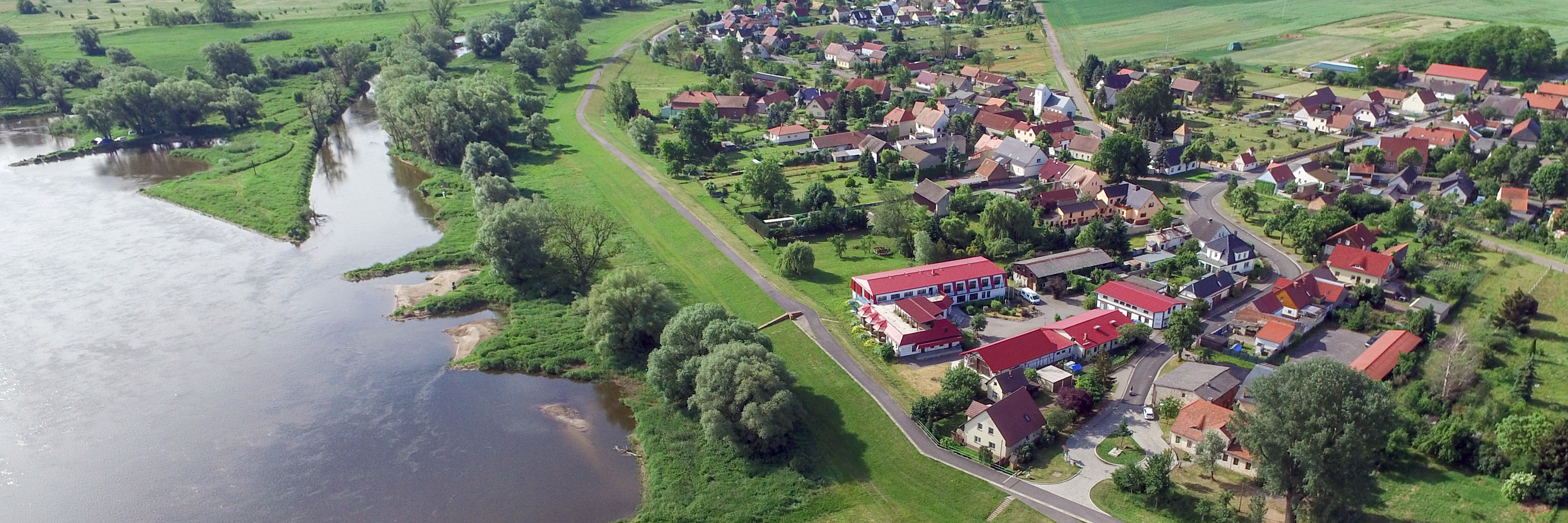Agricultural and environmental policy


Equal and sustainable development of the regions
The Ministry of Agriculture, Environment and Climate Protection considers itself to have a special responsibility for the policy areas addressed in its name.
For the various interest groups and actors in rural areas, the Ministry is often the first point of contact in the state administration. On the other hand, climate protection, biodiversity, the way land is cultivated, the protection and use of forests, air, soil and water are cross-cutting issues that concern everyone.
Rural development can and should contribute to ensuring that rural life remains attractive as a worthwhile alternative to life in the city and that people keep their centre of life in the village. According to Brandenburg's constitution, the state guarantees "structural support for the regions with the aim of creating and maintaining equal living and working conditions in all parts of the state". Against this background, the Ministry feels particularly committed to the principles of sustainable development.
"In particular, the state promotes the contribution of agriculture and forestry to the maintenance of the cultural landscape, the preservation of the countryside and the protection of the natural environment".
(Article 43 of the Constitution of the State of Brandenburg)
This task is carried out by the ministry in the respective specialist areas. In accordance with the two-tiered structure of the state administration, the Ministry performs the tasks of the supreme agricultural and environmental authority. This includes, among other things, technical supervision in the various agricultural and environmental issues, the possibility of proposing appropriate legislative initiatives or issuing ordinances, the development of support programmes, and the administration of subsidies.
Participation in federal policy
Through the Bundesrat (Federal Council), the federal states participate directly in federal legislation. For example, the responsible Brandenburg Special Minister is also a member of the Bundesrat's environment and agriculture committees. There, the representatives of the federal states advise on all laws, ordinances and administrative regulations of the Federal Government and the Bundestag concerning their respective departments. The respective interests of the federal states play a decisive role in this process. In this way, many of the states' suggestions for improvement are incorporated into federal law. If necessary, the Bundesrat can also refuse to approve a federal law and request that the matter be referred to the Mediation Committee.
Cooperation between the federal states
The 16 federal states and the Federal Government cooperate closely in environmental and agricultural policy. The most important cooperation bodies have been established as the Conference of Environment and Agriculture Ministers, which meet twice a year. Here the responsible ministers from the Federal Government and the federal states discuss fundamental political issues and strategies, but also the practical implementation of Federal and European law. This objective is also served by federal and state working groups in which experts from the ministries regularly coordinate their work on topics such as emission control, soil protection, waste legislation or climate protection and prepare decisions for the ministerial conferences.
Equal and sustainable development of the regions
The Ministry of Agriculture, Environment and Climate Protection considers itself to have a special responsibility for the policy areas addressed in its name.
For the various interest groups and actors in rural areas, the Ministry is often the first point of contact in the state administration. On the other hand, climate protection, biodiversity, the way land is cultivated, the protection and use of forests, air, soil and water are cross-cutting issues that concern everyone.
Rural development can and should contribute to ensuring that rural life remains attractive as a worthwhile alternative to life in the city and that people keep their centre of life in the village. According to Brandenburg's constitution, the state guarantees "structural support for the regions with the aim of creating and maintaining equal living and working conditions in all parts of the state". Against this background, the Ministry feels particularly committed to the principles of sustainable development.
"In particular, the state promotes the contribution of agriculture and forestry to the maintenance of the cultural landscape, the preservation of the countryside and the protection of the natural environment".
(Article 43 of the Constitution of the State of Brandenburg)
This task is carried out by the ministry in the respective specialist areas. In accordance with the two-tiered structure of the state administration, the Ministry performs the tasks of the supreme agricultural and environmental authority. This includes, among other things, technical supervision in the various agricultural and environmental issues, the possibility of proposing appropriate legislative initiatives or issuing ordinances, the development of support programmes, and the administration of subsidies.
Participation in federal policy
Through the Bundesrat (Federal Council), the federal states participate directly in federal legislation. For example, the responsible Brandenburg Special Minister is also a member of the Bundesrat's environment and agriculture committees. There, the representatives of the federal states advise on all laws, ordinances and administrative regulations of the Federal Government and the Bundestag concerning their respective departments. The respective interests of the federal states play a decisive role in this process. In this way, many of the states' suggestions for improvement are incorporated into federal law. If necessary, the Bundesrat can also refuse to approve a federal law and request that the matter be referred to the Mediation Committee.
Cooperation between the federal states
The 16 federal states and the Federal Government cooperate closely in environmental and agricultural policy. The most important cooperation bodies have been established as the Conference of Environment and Agriculture Ministers, which meet twice a year. Here the responsible ministers from the Federal Government and the federal states discuss fundamental political issues and strategies, but also the practical implementation of Federal and European law. This objective is also served by federal and state working groups in which experts from the ministries regularly coordinate their work on topics such as emission control, soil protection, waste legislation or climate protection and prepare decisions for the ministerial conferences.
